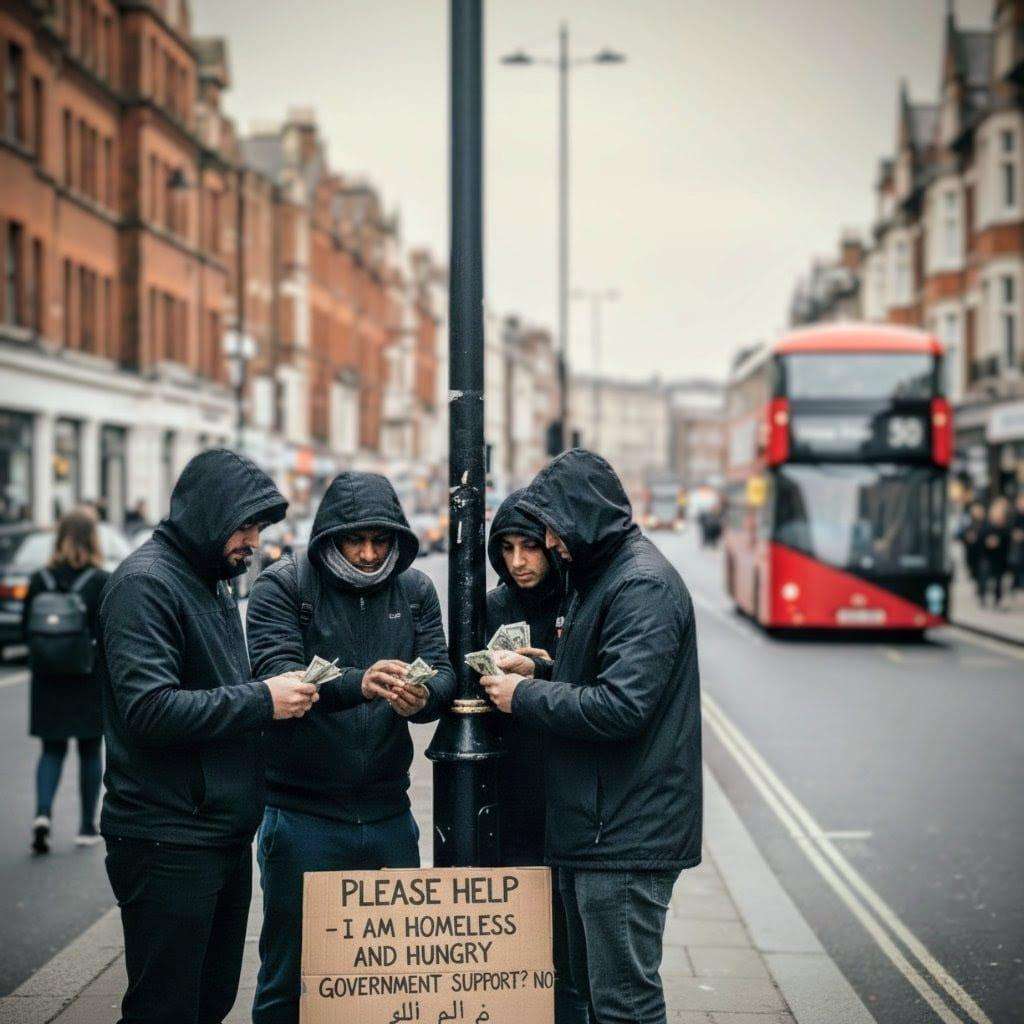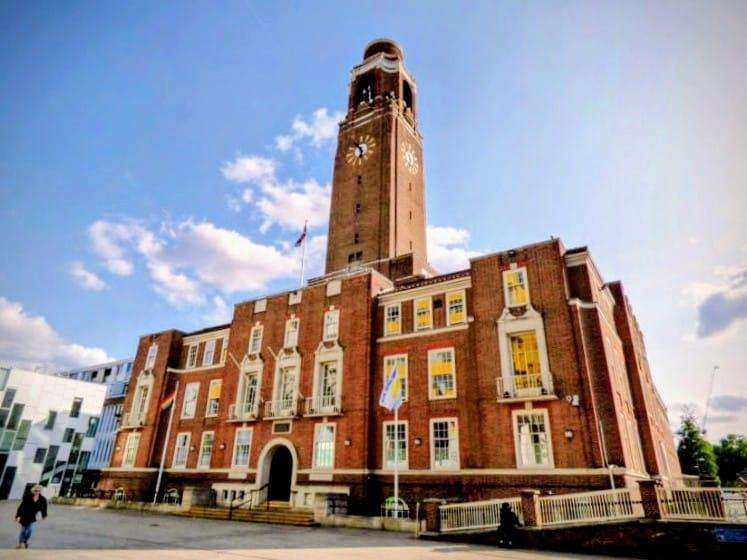A BMA poll has shown that over 80% of GP locums have stated that they "cannot find work."
According to a poll of 1,852 locum general practitioners in England, 84% of them are having difficulty finding work, and over 50% of them said they "expect to make changes" to their professions "in the next year" as a result of the job problem.
More than 70% of participants attributed "GP unemployment" to the Additional Roles Reimbursement Scheme (ARRS).
According to the BMA, a significant number of respondents (33%) had already made "definite plans" to change careers, and 31% of those who are going to do so stated that "the lack of suitable shifts" is "forcing them to leave the NHS entirely."
Earlier this year Pulse revealed that GP locums are driving across England, staying in hotels overnight and driving up to four hours on a daily basis to get work amid a shortage of shifts available.
And this week a survey of RCGP members found that six out of 10 GPs looking for jobs ‘are struggling to find vacancies’, with the college also pointing to ARRS as a key factor leading to these results, as the scheme ‘has directed funding towards other roles in general practice’ and not to GPs.
A locum GP from Dorset told the BMA: ‘I sacrificed my life for the NHS and now I can’t even find a job because GPs are being replaced by cheaper staff.
‘I’ve explored countless options within the NHS to no avail so I’m taking up GCSE tutoring to make ends meet.
‘I’m a single mum with a child who has special needs and I thought if I studied hard, worked hard and dedicated myself to the NHS then I’d be able to provide for myself and my children.
‘But after nearly 30 years of service, I’ve been driven out of the NHS by a government scheme that blocks general practice from employing general practitioners – it’s maddening.’
A GP from London said that ‘almost overnight’ the work ‘dried up’ so they were forced to apply for salaried positions.
They added: ‘I ended up applying for nearly 30 positions, received only three interviews, and fortunately secured one job. Honestly, I feel lucky to have found a job, as I know many have not.
‘Who would have thought that becoming a doctor would lead to job insecurity and worries about meeting mortgage repayments?’
BMA sessional GP committee chair Dr Mark Steggles said that this is a ‘ridiculous situation’ where so many patients are being ‘denied the chance to see a GP’, even though there are GPs wanting to work and care for them.
He said: ‘On the one hand, we have thousands of GPs in England desperate to work more, but being driven into careers outside the NHS. On the other hand, patients in pain, needing care, are waiting record-breaking periods of time to see a GP.
‘It’s difficult to comprehend how the NHS – a health service once world-renowned – has reached this point where thousands of highly-skilled doctors are unable to find suitable work within it and patients are suffering as a result.’
It comes after GPC England chair Dr Katie Bramall-Stainer warned general practice has suddenly gone from a recruitment to an employment crisis, driven by the Government’s squeeze of practice finances.
Today, Dr Bramall-Stainer said: ‘We are in a ridiculous situation where GP practices cannot use government funding to hire GPs. We have made it clear to the government that this needs to change so we can have more GPs working in local practices.
‘We’re hearing lots of pre-election promises about increasing GP numbers, but the first challenge for the next government will be to find a way to keep the GPs we already have in the NHS. To run a bath, you first must put in the plug; this is basic workforce planning.’
Pulse reported that requests for GP locums within primary care settings ‘have reduced’ since last year with ‘various new ARRS roles coming to the forefront at surgeries’, and locums were asked to consider reducing their rates to secure work.
GPs also told Pulse there were concerns around ‘misleading’ wording used by some agencies that seemed to be pushing for ARRS staff to replace GP locums.BMA survey results in full
84% of respondents who want to work more sessions report wanting to work an additional 3.6 sessions on average – equivalent to nearly 2 more days’ work a week per person
Respondents report that in 2022 on average they worked 5.8 sessions per week – nearly 3 days per week – which is 2.8 sessions more than they currently work – equivalent to more than a full additional day a week per person
The BMA asked about job availability and job suitability compared to two years ago. 91% of respondents told the BMA that work availability had decreased and 84% told us suitability had reduced even where jobs are available. The most common issues for sessions being unsuitable were insufficient remuneration, or available work being too far away.
Only 1% said work availability had increased and 3% said it had stayed the same – 6% were not sure. Regarding suitability, only 1% said suitability had increased and 8% said it had stayed the same – 8% were not sure.
Source: BMA








.svg)

